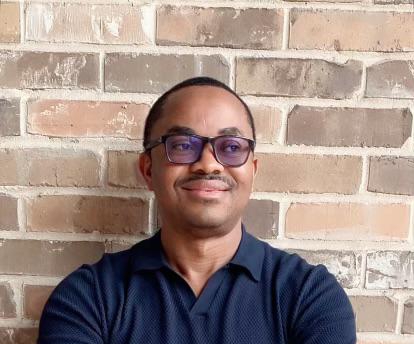Unfortunately, the majority of those professing to be champions of good can be aptly labeled as cowards, lacking the courage to relinquish their personal comforts. They prefer to stew in their private discontent, remaining passive until their patience wanes. In stark contrast, the evil-doer, akin to a fearless thief, courageously acknowledges the risk but marches forward regardless, propelled by their dark passions.
In an era where the scales often tip in favor of evil rather than good, a disconcerting debate rages on. While some argue that the world inherently harbors more good than evil, it is an argument ensnared in ambiguity. What remains indisputable, however, is the unwavering passion with which those who perpetuate evil pursue their craft, a stark contrast to the lukewarm commitment of those advocating for good.
The disheartening question arises: why does the fervor for goodness seem to pale in comparison to the zealous dedication of the malevolent?
One possible explanation is that the rewards for doing good seemingly pales in comparison to those for nefarious acts.
The proponents of evil recognize their dominion over the world, perpetuating a cycle where malevolence takes center stage, occasionally disrupted by the valiant efforts of the forces of good, although such interventions are a rarity.
Unfortunately, the majority of those professing to be champions of good can be aptly labeled as cowards, lacking the courage to relinquish their personal comforts. They prefer to stew in their private discontent, remaining passive until their patience wanes. In stark contrast, the evil-doer, akin to a fearless thief, courageously acknowledges the risk but marches forward regardless, propelled by their dark passions.
It is said that every nation receives the leadership it deserves. Ralph Waldo Emerson once wisely observed that evil thrives when the good stand idly by. The crucial question arises – why do Nigerians find themselves governed by charlatans they never elected, who never even participated in an election?
The malevolent elite are acutely aware of our inertia, knowing that our most potent response is to vent our frustrations through complaints, screams, and curses. Regrettably, we are often too timid to rise and confront crooked leaders, their corporate collaborators and judicial bandits.
In contrast, these wrongdoers are resolute in their willingness to accept risk, and the African equivalent of the Arab Spring remains a distant dream because many would rather endure suffering than risk the discomfort that comes with protesting against an unjust government.
Ultimately, when we condone a flawed system and abstain from combating malevolent forces, we implicitly accept whatever fate befalls us. Our silence morphs into complicity, and our pitiable escape is ‘japa”, hoping to savor the fruits of other people’s life struggles in a foreign land while abandoning the very soil from which we hail. What a shame!
For a nation to emerge, it necessitates a critical mass of individuals prepared to lay down their lives for the common good, those who ardently advocate for what is right and galvanize others to join their noble cause. However, in Africa, comfort holds an irresistible allure, often overshadowing our readiness to engage in the struggle. We seemingly opt to bide our time, anticipating the ascent of our own ‘evil men’ to power, so we too can partake in the spoils of corruption– a dilemma of our own making.
The disheartening aspect is that even the most educated, privileged, and economically empowered citizens in Nigeria have often faltered in making decisions that favor the collective over personal interests. This tragic facet of our nation persists as a lamentable reality.
We vociferously demand that others do what is right while neglecting to do so ourselves. In the contemporary world, evil appears to gain a significant upper hand over good. The competition is not merely lopsided; it verges on the non-existent. It is incumbent upon us to confront a stark reality – those who have willingly embraced the darkness and the rewards it bestows are often more pragmatic in navigating life than those of us who continually lament.
Nigerians often amuse me with their curious notions. Many seem to believe that exposing a counterfeit certificate, revealing classified FBI files, or any such revelation might serve as a transformative game-changer. The true paradox, however, lies in their conviction that mere wishes possess the extraordinary ability to usher in significant transformations.
The responsibility rests upon the shoulders of citizens to rise above corrupt leaders and their collaborators. They must stand ready to defend their nation against the encroaching forces of darkness. This duty is not only to themselves but to future generations. A society that permits evil to flourish through complacency deserves any misfortune that may befall it.
Osmund Agbo is the author of ‘Black Grit, White Knuckles: The Philosophy of Black Renaissance

